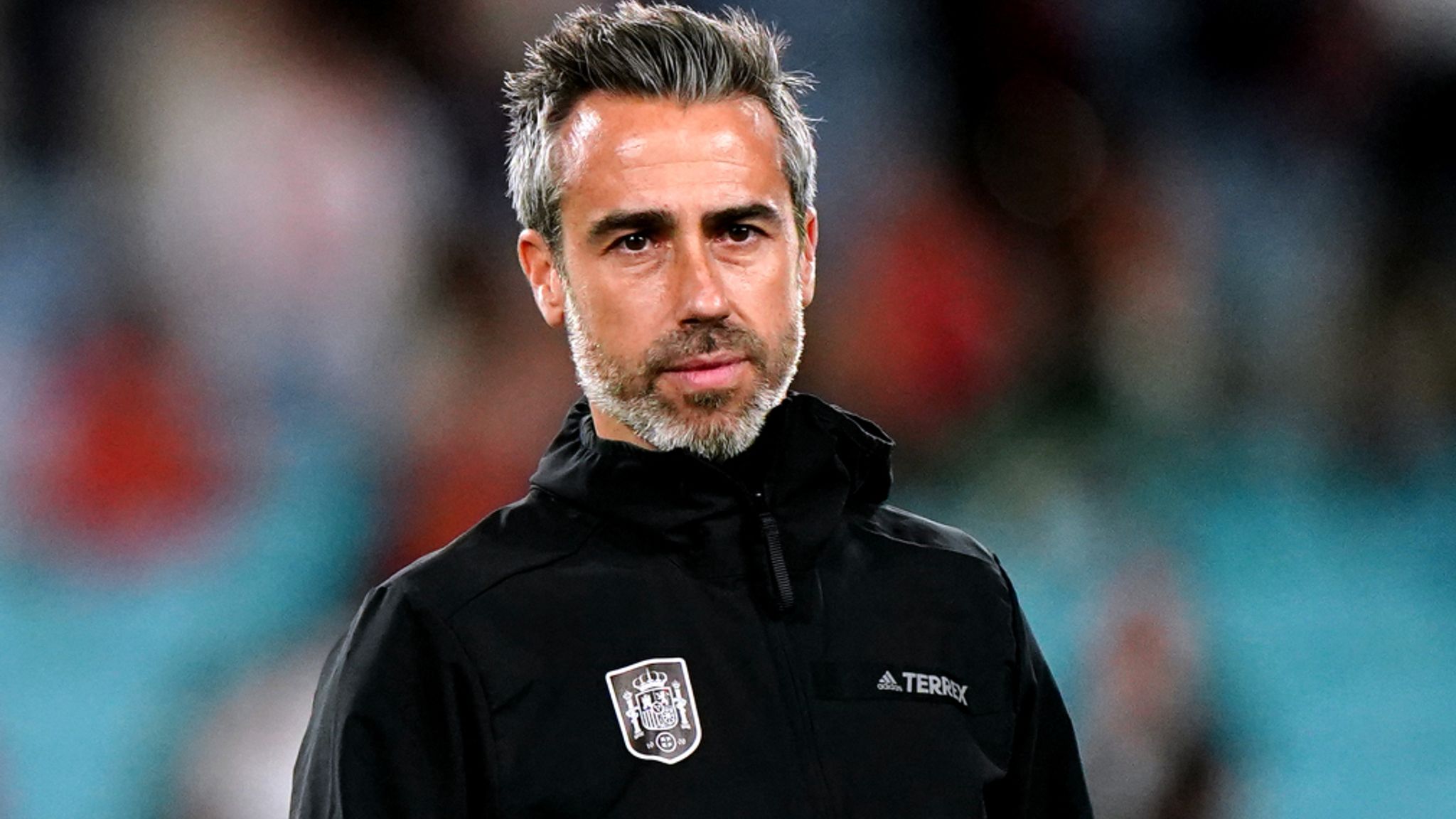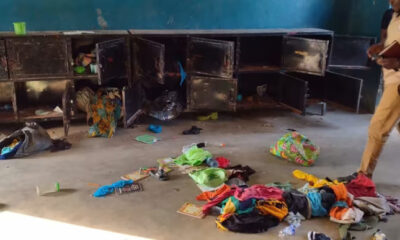A Controversial Call That Changed Everything
Morocco’s dream of winning their first Women’s Africa Cup of Nations (WAFCON) title came crashing down in the most dramatic of fashions. Head coach Jorge Vilda didn’t mince words after his team’s heartbreaking 3-2 loss to Nigeria in the final. The catalyst for this defeat? A series of controversial VAR penalty decisions that shifted the momentum and ultimately tilted the game in favor of the Super Falcons.
The Atlas Lionesses were leading 2-0 within the first 25 minutes, with goals from Ghizlane Chebbak and Sanaa Mssoudy putting them in control. However, Nigeria mounted a stunning second-half comeback, leveling the score to 2-2 and then clinching the win with an 88th-minute strike from Jennifer Echegini. But it wasn’t just Nigeria’s resilience that led them to their 10th continental title—it was the intervention of VAR that stole the spotlight.
VAR’s Role in the Heartbreak
Two pivotal moments in the match came down to Video Assistant Referee calls. The first was a penalty awarded to Nigeria for a handball by Morocco’s Nouhaila Benzina in the 62nd minute, giving the Super Falcons their first goal back through Esther Okoronkwo’s penalty.
But it was the second VAR call that left Morocco fuming. With just 12 minutes to go and the match tied at 2-2, a potential penalty for Morocco was overturned. Imane Saoud’s close-range shot, following a corner, struck Nigerian defender Oluwatosin Demehin’s arm. Referee Antsino Twanyanyukwa initially pointed to the spot, but after consulting VAR, the decision was reversed, much to the dismay of the packed Olympic Stadium in Rabat, which was buzzing with pro-Morocco energy.
Vilda didn’t hold back in his post-match comments: “We can’t understand the decision made by the referee,” he told ESPN. “She gave a penalty, but then the images we saw were not the same as those presented to the referee.”
The Psychological Impact on Morocco
The reversal had a profound psychological effect on Morocco’s players. Vilda explained that the decision “shocked us,” and the team struggled to regain their rhythm afterward. He noted that the lack of a penalty “made it harder to come back” as the match became increasingly difficult for the hosts. It wasn’t just about the football; it was the crushing psychological blow of seeing the referee’s decision overturned at such a crucial moment.
The controversy didn’t end there. Several Moroccan players, including Ibtissam Jraïdi, voiced their frustration on social media, sharing replays of the incident, and expressing their belief that they were unjustly denied a clear opportunity.
Local Reactions: Morocco vs Nigeria – Who Deserved It More?
While the controversy surrounding VAR dominated discussions after the match, Morocco’s players and coach acknowledged that there were areas where they could have done better, particularly in the second half. Despite their anguish, Vilda maintained that the team’s overall performance was exceptional, even in the final, and that they should be proud of what they achieved throughout the tournament.
On the other side, Nigeria’s Ashleigh Plumptre weighed in with a calm and composed response. While she recognized the shift in momentum, she maintained that even if the penalty had been awarded to Morocco, Nigeria’s confidence in their goalkeeper Chiamaka Nnadozie would have given them hope. “I still had this belief that we’d find a way,” Plumptre said.
A Tournament Marked by Controversy
This wasn’t the only VAR controversy of the tournament. In their earlier match against Senegal, Morocco had benefited from a contentious VAR penalty decision, while South Africa saw a penalty decision overturned in their quarterfinal against Senegal after a foul on Hildah Magaia in the box.
As WAFCON progresses, it’s clear that VAR has played a decisive role in shaping outcomes, and the debate around its impact on the game, particularly in high-stakes finals, will likely continue.
Looking Ahead: Morocco’s Future in African Football
While the pain of this loss will linger for Morocco, the country’s progress in women’s football has been undeniable. The Atlas Lionesses’ journey to the final, coupled with their impressive early performances, have raised the profile of Moroccan women’s football on the African continent and beyond.
Vilda and his players have vowed to learn from the experience and continue building towards future successes. Their journey in WAFCON 2025 might have ended in heartbreak, but it has certainly been a turning point for Morocco’s women’s football scene.
This loss, shaped by controversial decisions and a resilient Nigerian side, serves as a reminder of the unpredictable nature of football and the fine margins that separate victory from defeat. Morocco will no doubt return stronger, ready to fight another day.




























